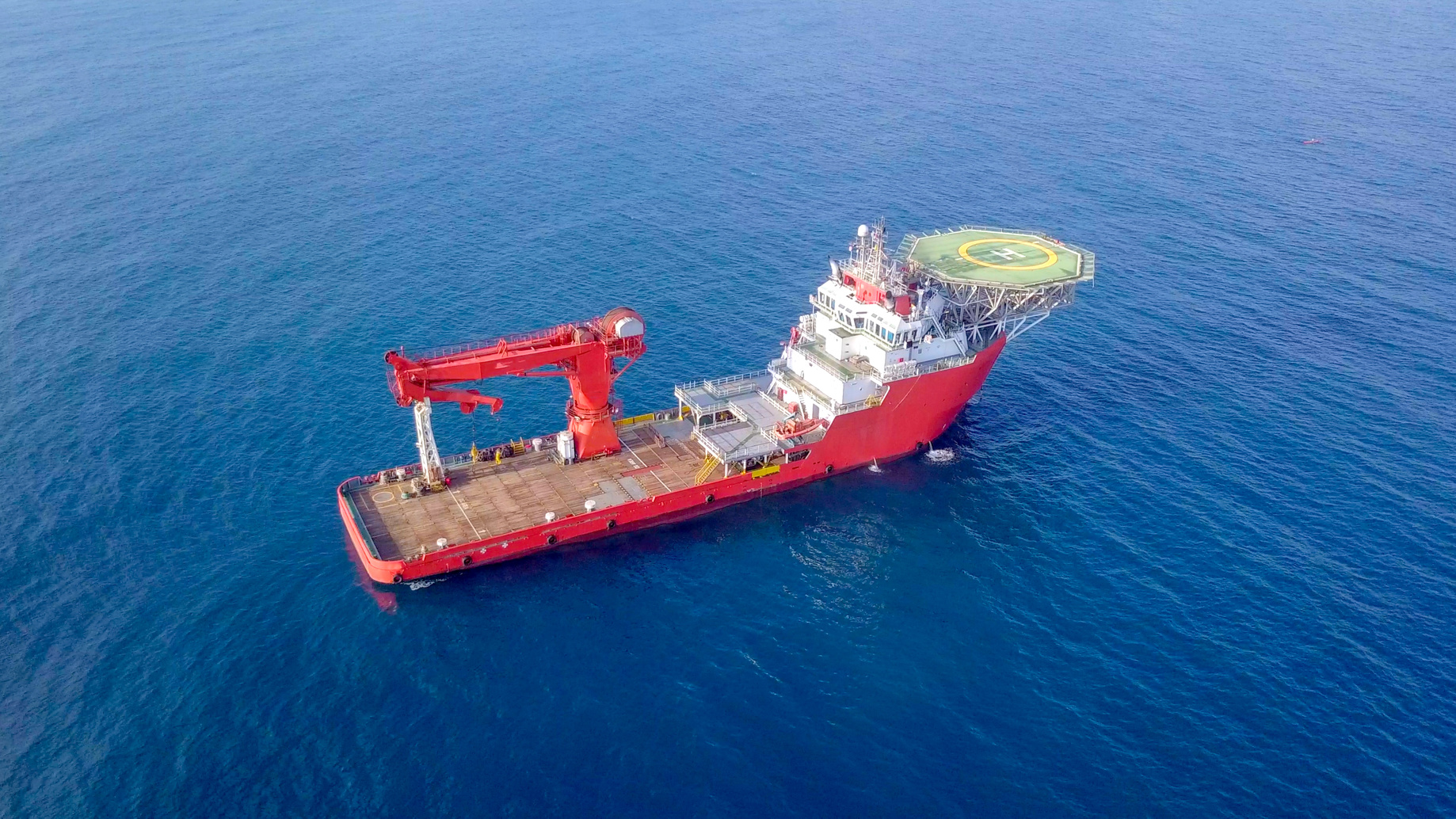On December 19th, Audrey Brown filed a lawsuit against her employer in a New Orleans federal court seeking compensation for injuries she claims she sustained while working offshore. According to the lawsuit, Brown fell down stairs while working aboard the M/V Maersk Texas in early 2010. As a result of the fall, Brown alleges she sustained a complicated and painful cut to her face as well as nerve damage and emotional distress. In her lawsuit, Brown claims Maersk Line Limited committed negligence by failing to provide her with a safe working environment and by operating a ship which was unseaworthy. Brown is seeking compensation for medical expenses, lost wages, maintenance and cure, pain and suffering, and disability as well as other damages. She has asked the court to award her $5 million for her injuries. Also last week, offshore worker Jaime Medina filed a lawsuit against his employer in New Orleans federal court seeking damages for injuries allegedly sustained on a marine vessel. On December 22, Medina filed a case against Reel Pipe, Offshore Service Vessels, and Galliano Marine Service for injuries he claims resulted from a fall while onboard the M/V Joshua Chouest. According to Medina, he tripped on a stairwell kick plate and fell down the stairs after performing maintenance on a generator onboard the ship in 2009. He claims he injured his hand, wrist, and shoulder while grabbing onto a handrail during his fall. Medina has accused his employer of negligence, failure to warn, failure to adhere to safety regulations, and failure to provide safe working conditions. He is seeking $5 million for purported pain and suffering, lost wages, loss of earning capacity, and a variety of other damages. Seamen injured while working onboard a floating vessel generally have no remedy available to them through state workers' compensation laws and regulations. Instead, injured seamen are protected by federal law through the Jones Act. In 1920, Congress passed the Jones Act to provide injured seamen with the opportunity to directly sue an employer for injuries sustained while onboard a ship or other floating vessel. Jones Act claims are generally predicated on an act of negligence or allegations of a marine vessel's lack of seaworthiness. For Jones Act provisions to apply, a worker must fit the Act's definition of a seaman. Additionally, an offshore vessel must be floating and cannot be affixed to the seafloor. Most offshore workers qualify for seaman status under the Act. The Jones Act provides an injured seaman with the opportunity to receive payment for both personal injuries and maintenance and cure. The Act does not allow for payment of non-pecuniary damages, however. Determining the amount of compensation a seaman may be eligible to receive as a result of an offshore injury can be difficult. An experienced Jones Act attorney can assist you. If you were injured while working offshore, our qualified Louisiana maritime and offshore injury lawyers can help you determine your offshore employee status. J. Price McNamara assists clients throughout Louisiana, including New Orleans, Baton Rouge, Lafayette, Metairie, and Mandeville. To schedule a free initial consultation, call J. Price McNamara today at (866) 248-0580 or contact us through our website.
Two New Seaman Injury Cases Filed in New Orleans Federal Court



